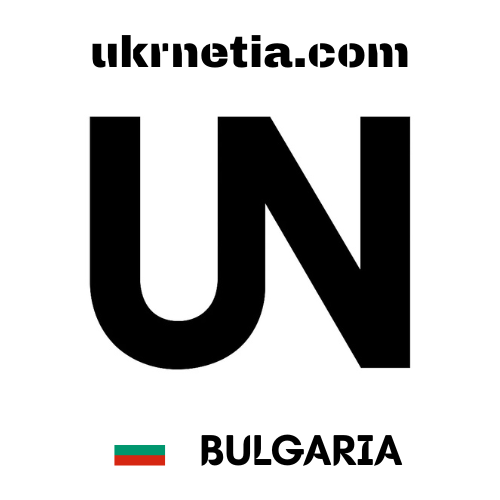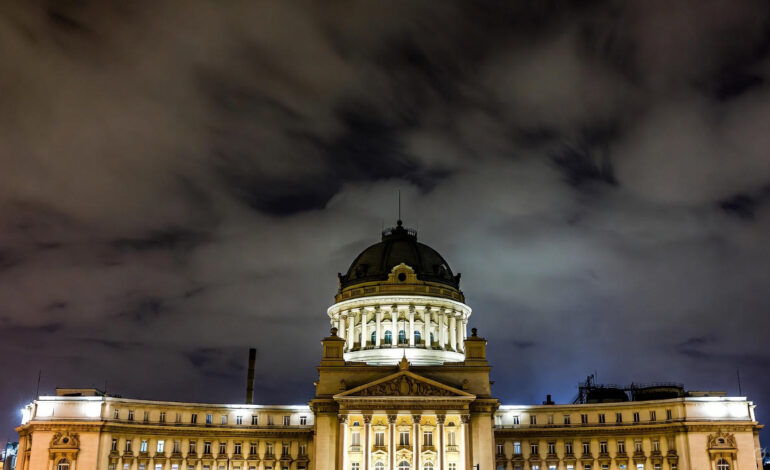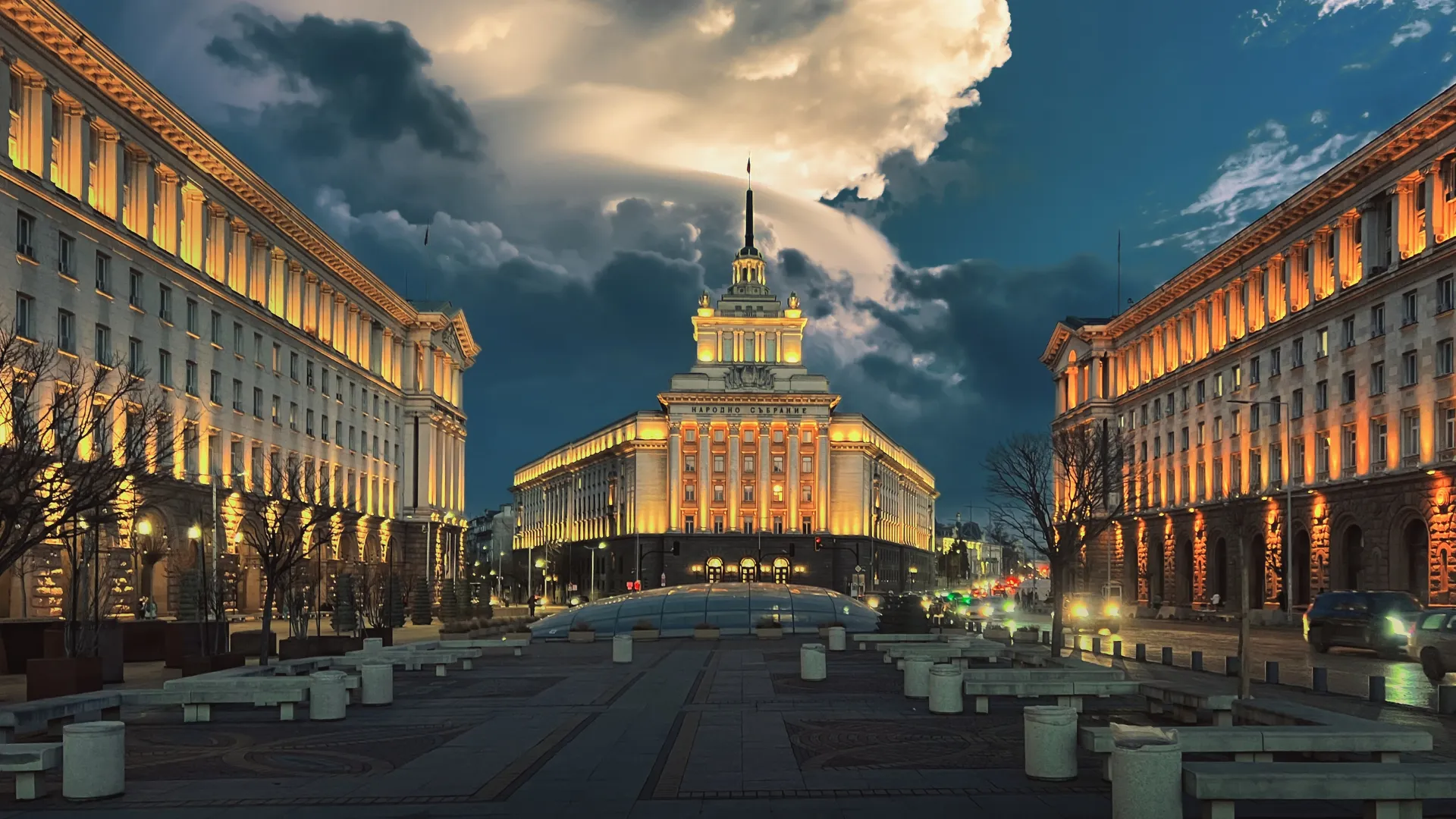Judicial Reform and the Rule of Law: Why Progress Remains Slow

Bulgaria’s judicial system stands at the epicenter of the nation’s democratic malaise. Since joining the European Union in 2007, Sofia has faced persistent scrutiny under the Cooperation and Verification Mechanism (CVM), succeeded by the Rule of Law Report in 2020. The core demands—curbing the outsized power of the Prosecutor General, strengthening anti-corruption bodies, and ensuring judicial independence—remain unfulfilled after nearly two decades. As of November 2025, the European Commission’s latest report grades Bulgaria “partially satisfactory” on judicial reform, the lowest tier among member states. This stagnation is not accidental. It stems from entrenched political incentives that prize patronage over accountability, institutional resistance rooted in Soviet-era hierarchies, and an EU monitoring framework that wields carrots but rarely sticks. This analysis dissects these barriers, evaluates half-measures like the 2023 Anti-Corruption Commission overhaul, and assesses whether Bulgaria’s chronic political fragmentation offers a perverse opportunity for breakthrough—or further entrenchment.
The Prosecutor General: A Vestige of Authoritarianism
At the heart of Bulgaria’s judicial dysfunction lies the Prosecutor General (PG), a position vested with near-unlimited authority under the 1991 Constitution. The PG oversees 2,000 prosecutors, controls investigations, and can intervene in any case without oversight. Ivan Geshev, PG from 2019 to 2023, epitomized this power: he launched high-profile raids on President Rumen Radev’s aides while shielding allies of Boyko Borissov’s GERB party from scrutiny. The European Court of Human Rights (ECtHR) ruled in Kolevi v. Bulgaria (2009) that this structure violates fair trial rights, yet reform stalled.
Attempts to curb the PG’s dominance have been cosmetic. A 2020 law mandated a “plenary” Supreme Judicial Council (SJC) vote to remove the PG, but the threshold—17 of 25 members—ensures prosecutorial loyalty. Geshev’s 2023 ousting followed mass protests and a leaked audio of him threatening judges, not structural change. His successor, Borislav Sarafov, appointed in a caretaker-orchestrated process, faces identical accusations of selective justice: probes into GERB oligarchs like Delyan Peevski languish, while anti-corruption activists face defamation suits.
Political incentives perpetuate this. The PG serves as a “deep state” enforcer for whichever coalition holds power. GERB, BSP, and DPS have rotated control of the SJC since 2007, using prosecutorial leverage to neutralize rivals. We Continue the Change (PP) promised PG accountability in 2021 but fractured coalitions before legislating. As Alpha Research polls show, 72 percent of Bulgarians view the PG as a political tool, eroding trust in justice to 14 percent—EU’s lowest.
Anti-Corruption Institutions: Paper Tigers
Bulgaria’s anti-corruption architecture is a labyrinth of overlapping, underpowered agencies. The Commission for Anti-Corruption and Illegal Assets Forfeiture (CPKONPI), established in 2018, merged conflict-of-interest and asset seizure functions but lacks investigative autonomy. Its 2023 budget—€12 million—pales against the €2 billion in suspected illicit flows annually, per Transparency International estimates. High-profile cases, like the 2021 “Eight Dwarves” scandal exposing judicial bribery, collapse due to prosecutorial inaction.
The 2023 Anti-Corruption Act, hailed as a CVM milestone, created a new Anti-Corruption Commission with nominal powers to probe magistrates. Yet, its chair is SJC-nominated, and staffing remains under PG influence. Of 1,200 corruption reports in 2024, only 34 reached court; convictions numbered eight. The Specialized Prosecutor’s Office, meant to handle graft, was abolished in 2022 amid GERB pressure, dispersing cases to regional offices where local barons intervene.
Institutional resistance is fierce. Judges and prosecutors, trained under communism, view independence as corporate autonomy, not accountability to law. The Bulgarian Judges Association (BJA) lobbies against external oversight, framing EU demands as sovereignty violations. In 2024, the SJC rejected Council of Europe recommendations for random case allocation, citing “administrative burden.” This inertia preserves a system where 68 percent of judges are appointed via closed-door SJC votes, per OSCE data.
Judicial Independence: Captured by Patronage
Judicial independence exists on paper—the Constitution guarantees tenure and irremovability—but is undermined by patronage networks. The SJC, split between judicial (15) and parliamentary (10) quotas, functions as a spoils system. GERB’s 2009–2021 dominance stacked the council with loyalists; PP-DB’s 2023 majority briefly shifted balance, only for snap elections to restore deadlock.
Career progression hinges on political signaling. A 2024 Sofia University study found 82 percent of promotions correlate with prosecutors’ alignment with ruling coalitions. The “random case allocation” system, mandated by EU in 2017, is routinely bypassed via “urgency” clauses. ECtHR judgments against Bulgaria—over 300 since 2007, mostly on fair trial delays—highlight systemic bias.
Public trust reflects this capture. Eurobarometer (2025) ranks Bulgaria last in judicial independence perception (18 percent). The 2020 Istanbul Convention failure—blocked by Constitutional Court rulings on “gender ideology”—exposed politicization: three judges were former BSP appointees. Emigration of young jurists—over 1,500 since 2020—depletes reformist capacity.
EU Monitoring: Leverage Without Teeth
The CVM, launched in 2007, tied EU funds to six benchmarks on judicial reform and anti-corruption. Bulgaria met none fully by 2019, when CVM ended amid political pressure from GERB. The Rule of Law Report, its successor, issues annual recommendations but lacks sanctions. The Recovery and Resilience Facility (RRF) withholds €1.1 billion pending judicial milestones, yet payments resumed in 2024 after superficial amendments.
EU leverage is blunted by Bulgaria’s strategic value. NATO’s eastern flank needs Sofia’s Black Sea ports; energy diversification (IGB pipeline) trumps rule-of-law rigor. Hungary’s Orbán playbook—defying Brussels while securing funds—inspires Bulgarian elites. The Commission’s 2025 report notes “limited progress” on PG accountability but avoids confrontation, fearing coalition collapse.
Conditionality fails when domestic will is absent. The 2023 judicial strategy, co-drafted with Council of Europe, promised SJC reform by 2025. Parliament missed the deadline amid elections. RRF funds for e-justice (€200 million) remain unabsorbed due to procurement scandals.
| Reform Milestones vs. Reality (2007–2025) | CVM/RRF Target | Status (Nov 2025) | EU Assessment |
|---|---|---|---|
| PG Accountability Mechanism | Plenary SJC removal | Threshold unchanged | Stagnant |
| Anti-Corruption Convictions | 100+ high-level/year | 8 total (2024) | Regressive |
| Judicial Appointments Transparency | Open competitions | 68% closed | Partial |
| Case Allocation System | Fully random | 60% bypassed | Limited |
Sources: European Commission, Council of Europe
Political Fragmentation: Curse and Catalyst
Bulgaria’s seven elections since 2021 have paralyzed reform. No coalition secures the two-thirds majority needed for constitutional change. PP-DB’s 2023 rotation government with GERB collapsed over judicial amendments: GERB demanded PG veto power, PP insisted on U.S.-style independent prosecutor. Caretaker cabinets, appointed by President Radev, stall legislation—his 2024 veto of SJC transparency bill cited “premature.”
Yet, fragmentation disrupts old patronage. GERB’s grip on SJC weakened as PP-DB and Democratic Bulgaria (DB) secured parliamentary quotas. The October 2025 election, projected to yield another hung parliament, may force grand bargains. PP leader Kiril Petkov proposes a “Judicial Reform Pact” across parties, tying RRF funds to PG term limits.
Pathways Forward—or Perpetual Stalemate?
Structural reform requires constitutional amendment. Options include:
- Splitting the SJC into separate judicial and prosecutorial councils, per Venice Commission.
- Electing PG via qualified parliamentary majority, reducing executive capture.
- Empowering CPKONPI with FBI-like powers, including wiretaps independent of PG.
Implementation demands political capital. Civil society—via the Bulgarian Helsinki Committee—pushes citizen assemblies to draft reforms, bypassing parliament. EU could tie €6.2 billion cohesion funds to verifiable convictions, not legislation.
Absent change, costs mount. Delayed RRF absorption stalls digital courts; corruption deters FDI (€1.8 billion lost in 2024, per BNB). ECtHR fines exceed €50 million since 2007. Youth emigration—40 percent of law graduates leave—hollows the system.
Final Reckoning
Bulgaria’s judicial reform impasse is a self-reinforcing triad: a Prosecutor General wielding tsarist powers, anti-corruption bodies starved of teeth, and a judiciary captive to patronage. Political incentives reward stasis; institutional culture resists transparency; EU monitoring lacks bite. The 2023–2025 legislative flurry—new commissions, aborted amendments—masks inertia. Yet, political fragmentation, while paralyzing governance, fractures old networks. The October 2025 election offers a narrow window: a cross-party pact or continued drift. Without bold surgery—SJC bifurcation, PG democratization, empowered graft fighters—Bulgaria’s rule of law will remain a mirage, eroding EU citizenship and national sovereignty alike. The hour is late, but the patient still breathes.










